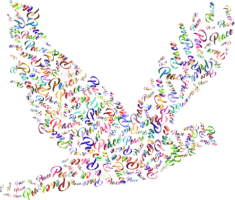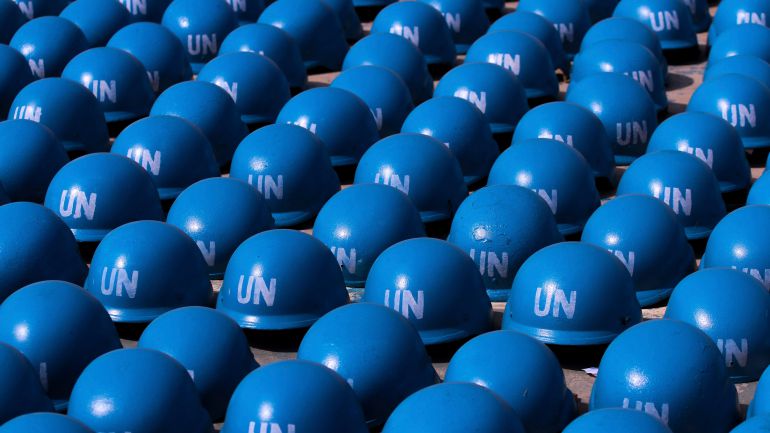
As eloquently shown by the International AIDS Society there is a very good business case for tightening control with the amount of resources spent on production. Building on the experience of the IAS, it seems like it is only the imagination that limits what can be done when discussing the topic of resource management. In the case of the IAS, a well implemented strategy not only reduced waste to the tune of 7 tons of paper from one conference to the next, but saved the organisation more than USD 600 000.
What is good for even small organisations is applicable on the global level too. 2013 has been declared to be the International Water Cooperation Year by the UN and it launches on 11th February at the UNESCO Headquarters in Paris. Though the Millennium Development Goal regarding access to clean water was achieved and surpassed in 2012, 894 million people are still without access to improved water sources. The world's population is set to grow beyond its current 7 billion. So, water needs increasingly to be managed. Urbanisation is growing rapidly with more than half of all people living in cities today and an estimated 40% of the world’s urban expansion is in slums. Most of this urbanisation process takes place in the developing world where access to safe water is already a big challenge, and at least 27% don’t have piped water in their houses, causing sanitation related problems. As the lack of clean water and sanitation puts a brake on the economic and social development of affected countries, improving access to safe water is also a way to help economic growth and secure a peaceful transition from a developing to a developed country.
More information can be found on:
www.unwater.org
Other articles on related issues: Is resource management good business?





